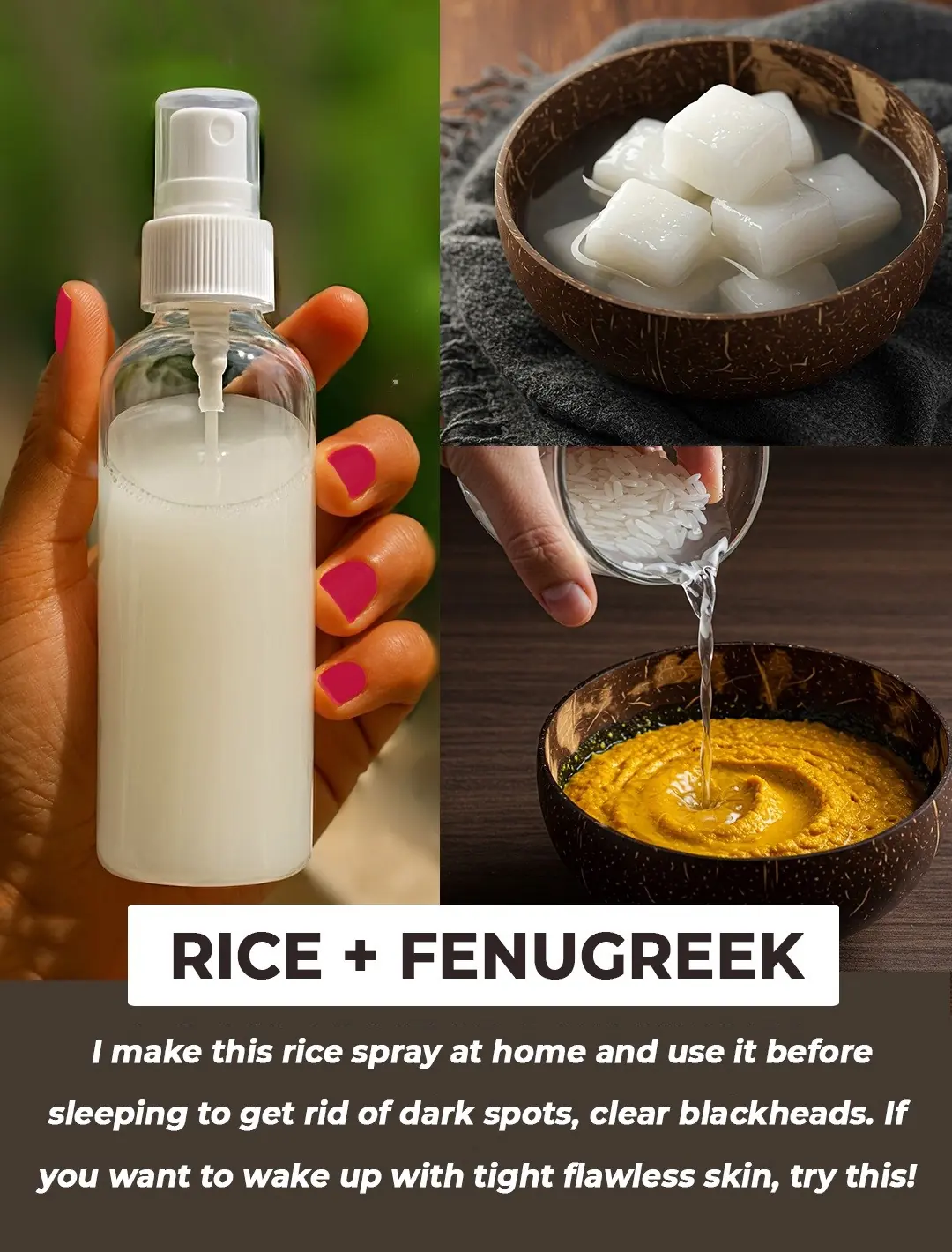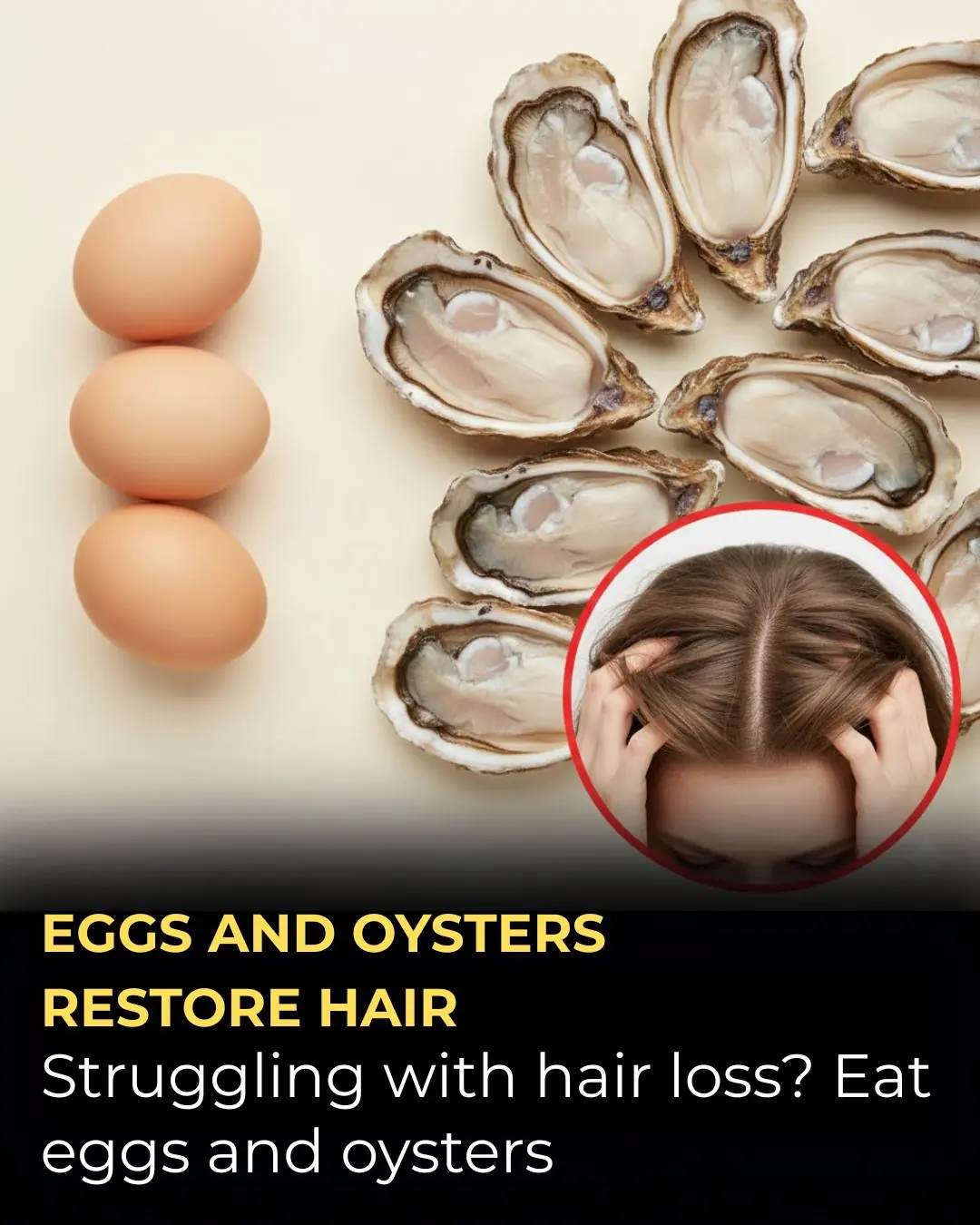
7 powerful vitamins you need for strong, healthy legs
Do your legs feel heavy, weak, or cramp at night? Do stairs suddenly feel more difficult? Many people think this is just a part of getting older — but in many cases, the real cause is nutrient deficiency.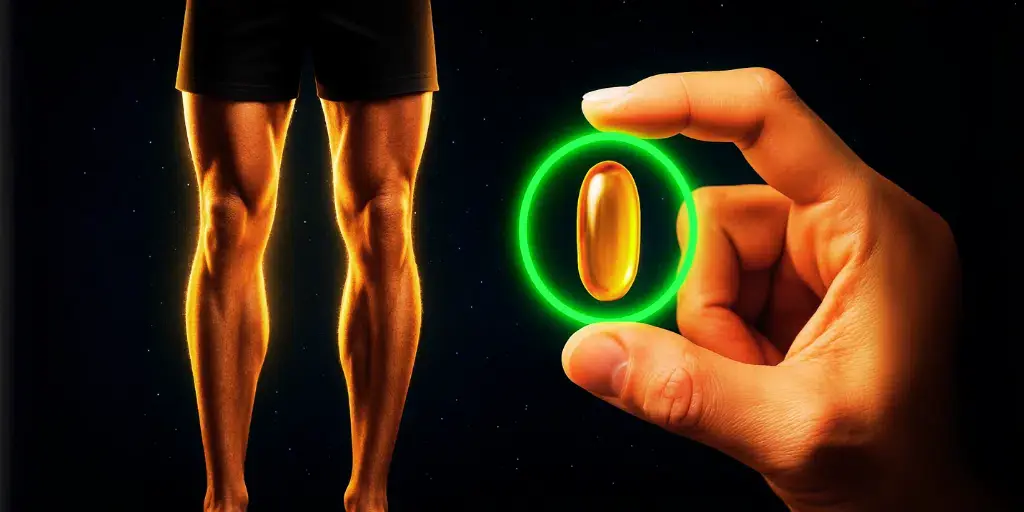
Your legs rely on strong muscles, bones, and nerves to work properly. When your body doesn’t get the right vitamins and minerals, weakness, poor balance, tingling, and pain can appear. The good news? Simple changes in your diet can make a big difference.
Here are four key nutrients your legs need to stay strong and healthy.
1. Vitamin D – The Strength Booster
Vitamin D does more than protect your bones — it helps your muscles work faster and stronger.
If your vitamin D level is low, you may notice:
-
Weak legs
-
Slow movements
-
Increased risk of falls
-
Muscle pain or stiffness
How to get more Vitamin D:
✅ Sunlight: 15–20 minutes daily on arms and legs
✅ Fatty fish: salmon, mackerel
✅ Eggs and fortified dairy
✅ Supplements (if advised by a doctor)
Tip: Vitamin D works best when taken with healthy fats like avocado or olive oil.
2. Calcium – The Bone Builder
Calcium gives strength to your bones and supports muscle movement. Without enough calcium, bones become weaker and easier to break.
Best food sources (better than pills):
-
Kale, spinach, broccoli
-
Sesame seeds
-
Firm tofu
-
Almonds
Calcium also needs:
✔ Vitamin D – for absorption
✔ Vitamin K2 – to guide it into bones, not arteries
✔ Movement – walking and gentle exercise
3. Vitamin B12 – The Nerve Protector
Vitamin B12 is essential for your nerves to send signals to your muscles. When levels are low, your legs may feel:
-
Numb or tingling
-
Weak or heavy
-
Poor balance or coordination
People over 50 and those on plant-based diets are more at risk of deficiency.
Sources of B12:
-
Meat, fish, eggs, dairy
-
Fortified plant milks & cereals
-
Supplements (if needed)
Low B12 can lead to long-term nerve damage if ignored.
4. Magnesium – The Muscle Relaxer
Magnesium helps your muscles relax. When it's low, you may experience:
-
Leg cramps
-
Spasms
-
Restless legs
-
Tight or sore muscles
Best magnesium foods:
-
Pumpkin seeds
-
Almonds and cashews
-
Spinach & Swiss chard
-
Avocados
-
Dark chocolate (in moderation)
Tip: Magnesium citrate or glycinate is better absorbed than magnesium oxide.
Final Thoughts
Strong legs aren’t just about age — they’re about nutrition, movement, and care.
If your legs feel weak:
✅ Check your vitamin levels
✅ Improve your diet
✅ Walk and stretch daily
✅ Consider supplements (with doctor’s advice)
Small changes can restore strength, balance, and confidence in your steps.
News in the same category


The Role of Eggs and Choline in Reducing the Risk of Cognitive Decline
The Role of Eggs and Choline in Reducing the Risk of Cognitive Decline

🐔 Amazing Health Benefits of Chicken Feet You Should Know
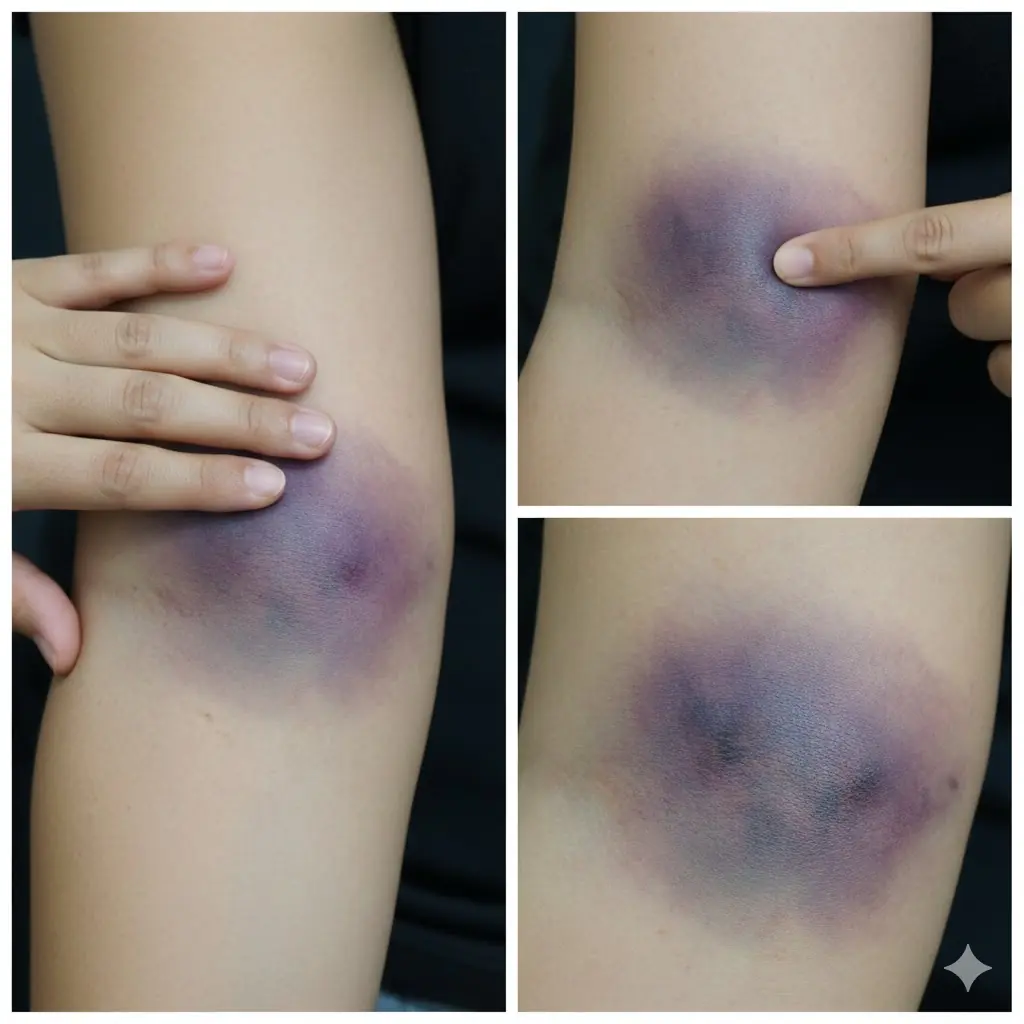
If You Get These Bruises On Your Body
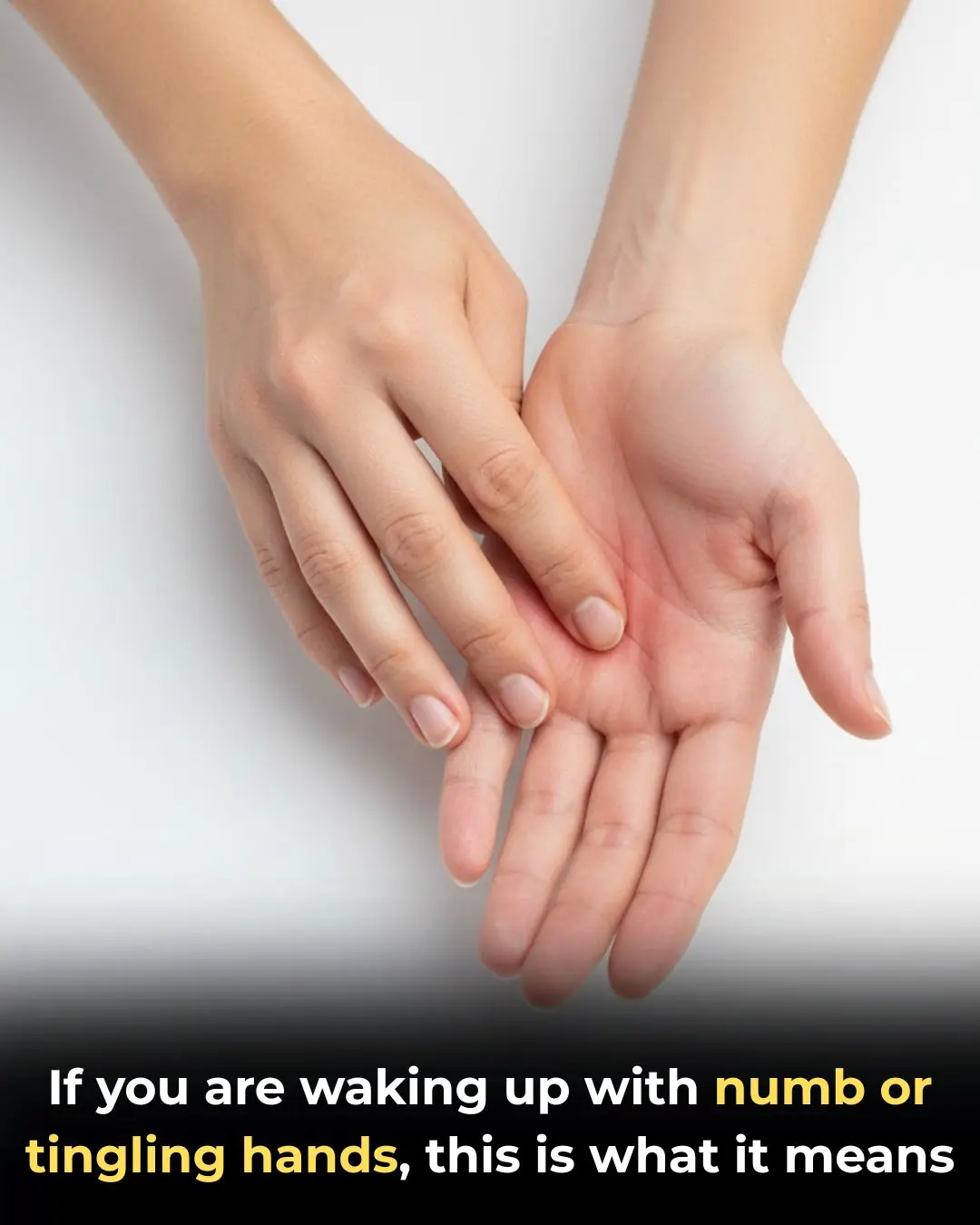
Numbness Or Tingling Sensations In Your Hands
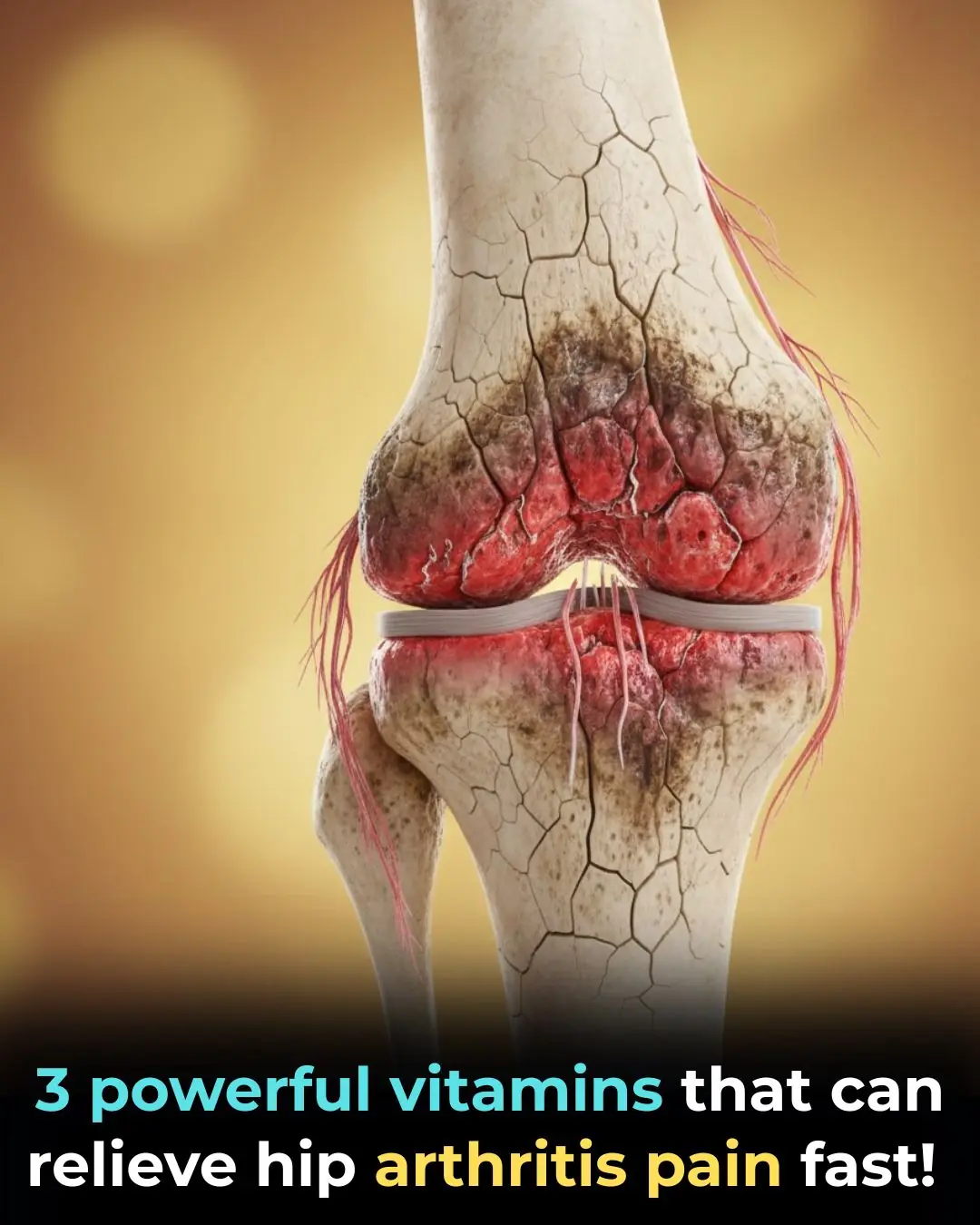
Top 3 Vitamins for Hip Arthritis

Scientists Discover The Maximum Age a Human Can Live To
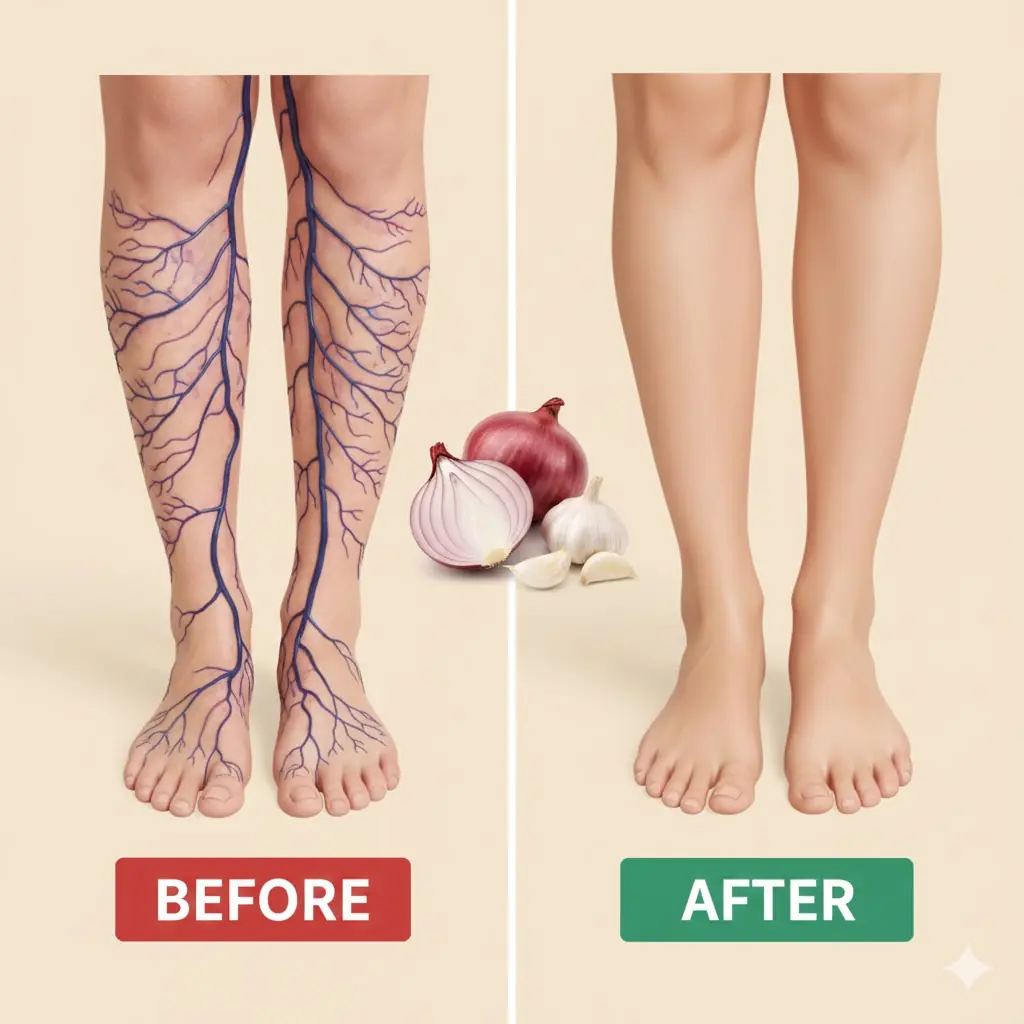
Vein Victory Elixir: Onion-Garlic-Vinegar Rituals to Banish Bulging Blues
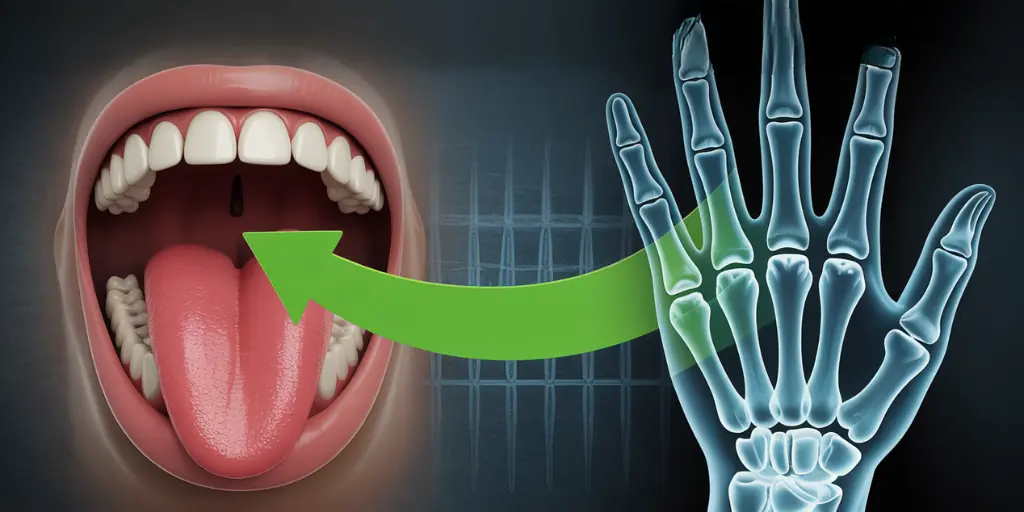
4 alarming symptoms of vitamin B12 deficiency you can’t ignore!
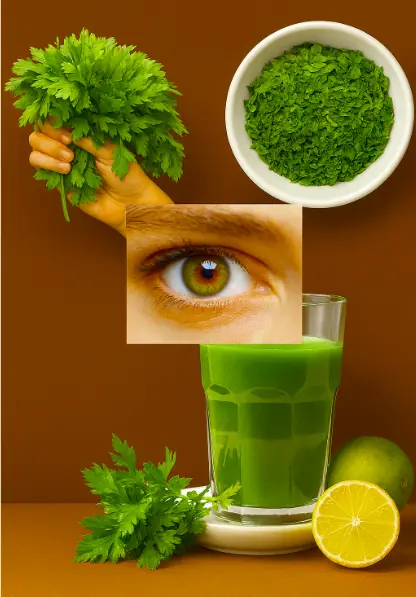
Essential Leaves for Eye Health: Nature’s Secret to Sharper Vision
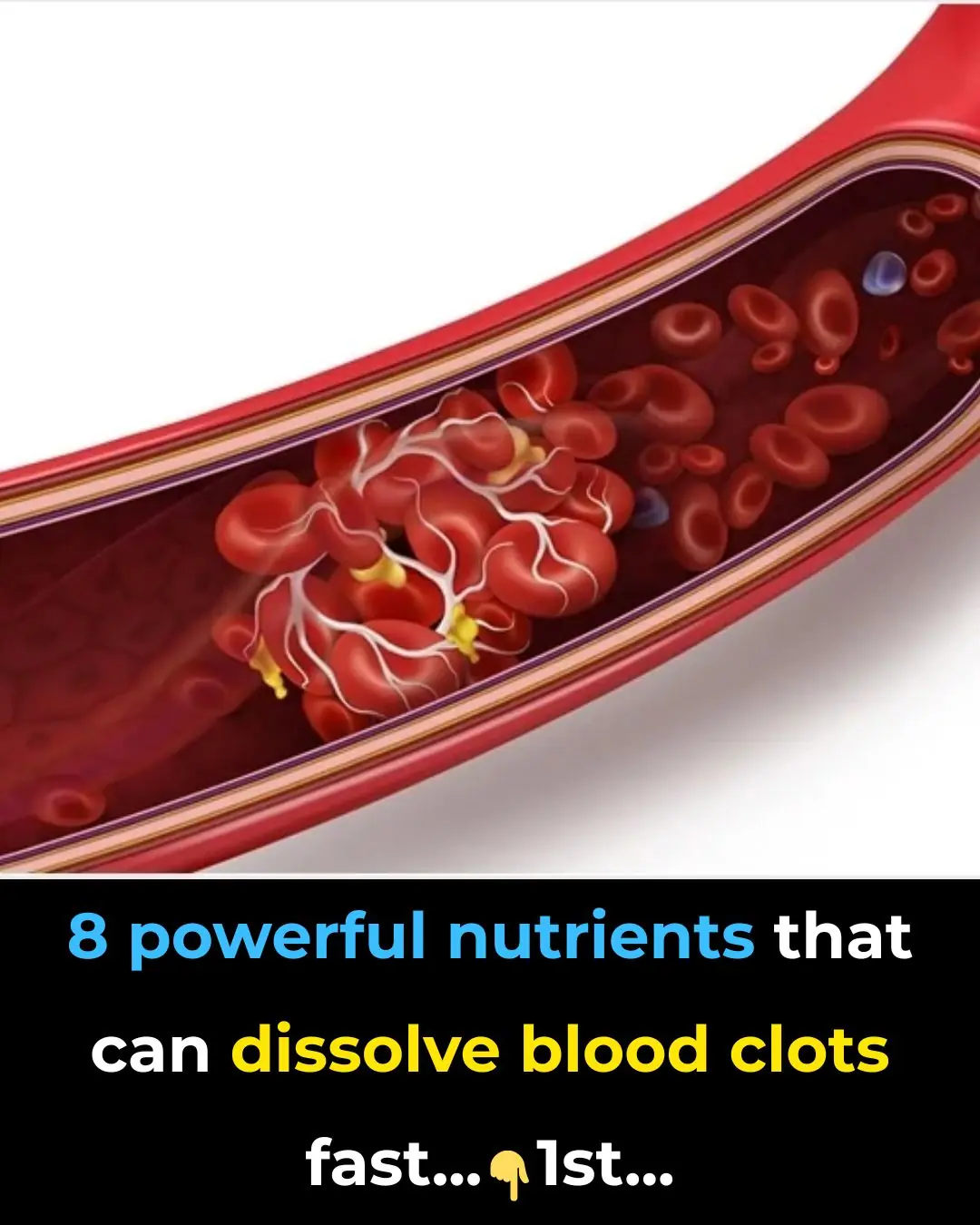
8 Powerful Nutrients That Can Dissolve Blood Clots Fast!

Signs of pancreatic cancer you should never ignore
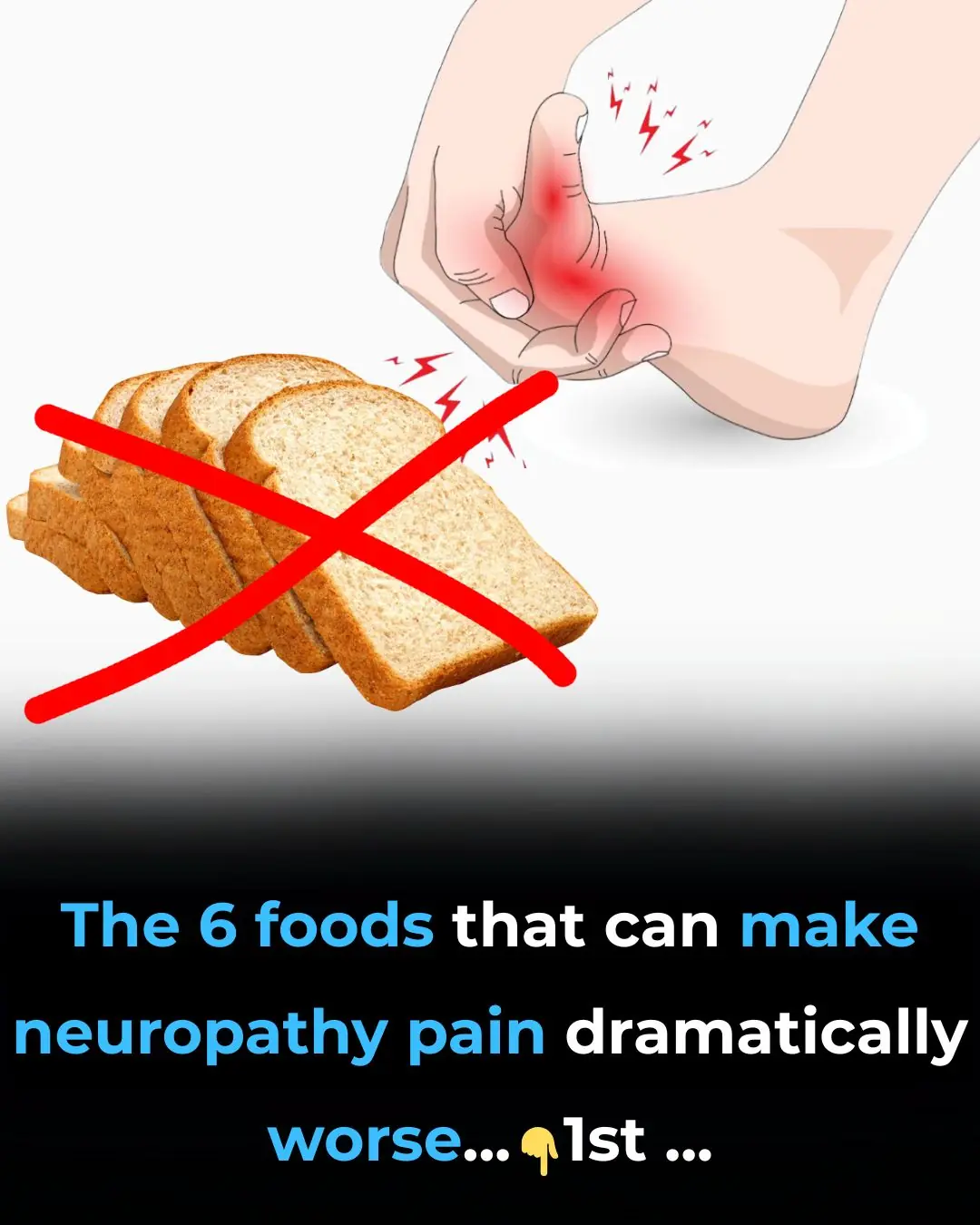
6 Trigger Foods That Cause Agonizing Pain If You Have Neuropathy
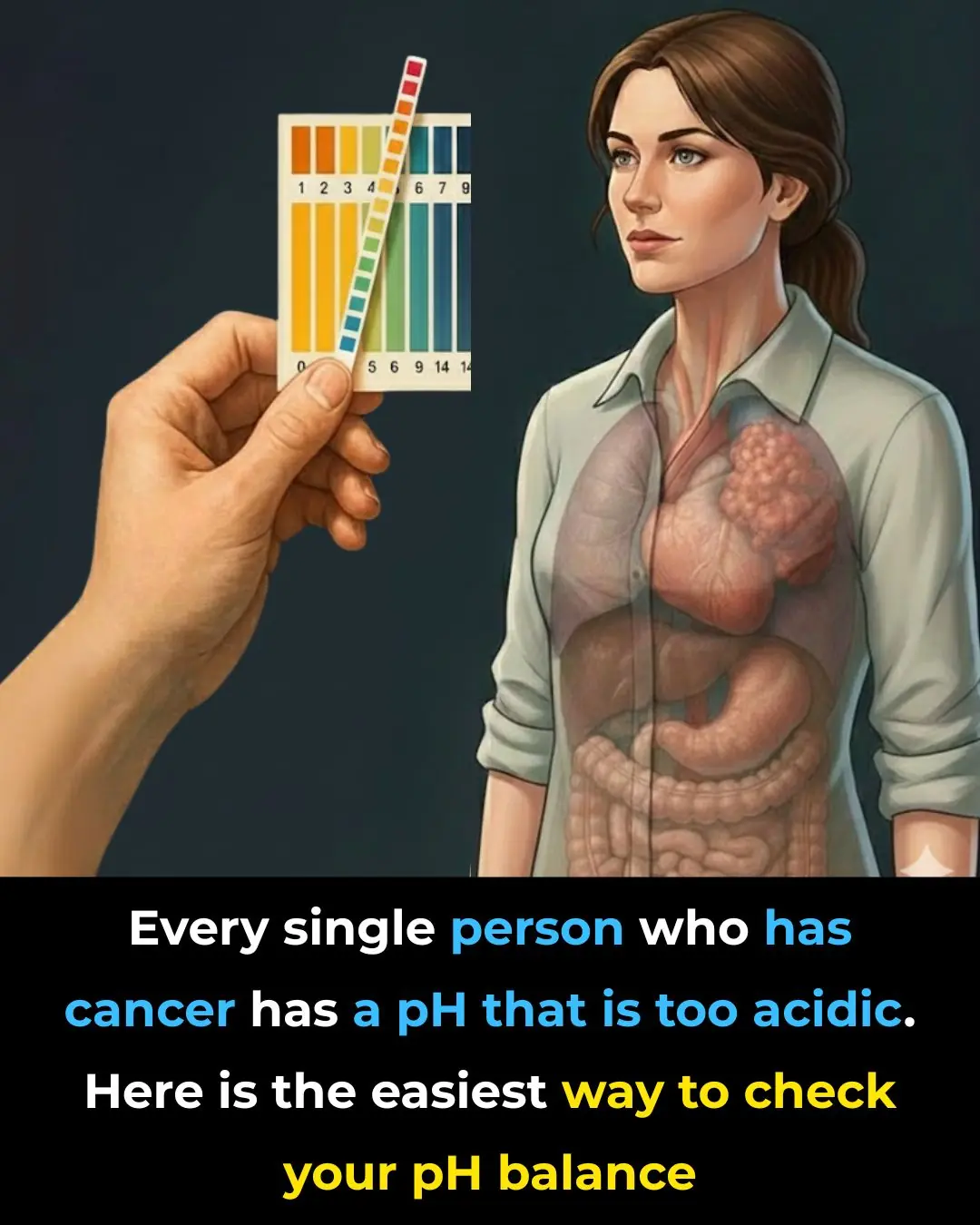
Every Single Person Who has Cancer has a pH that is Too Acidic. Here is the Easiest Way to Check your pH Balance

This ancient seed oil may help calm knee pain better than Tylenol, study suggests

This vitamin deficiency could be raising your colorectal cancer risk — and half the world is low

Tomato Extract: Better And Safer Blood Thinner Than Aspirin

10 warning signs your kidneys are failing (symptoms most people don’t know)
News Post

ITV Emmerdale's Lewis Barton 'set for new romance' as fans point out huge hint

Josie Gibson stuns as she shows off 5st weight loss in daring dress on cruise

Collagen Combo For Glass Skkin

Eggs and Oysters: Nature’s Powerful Duo for Stronger, Healthier Hair

The Role of Eggs and Choline in Reducing the Risk of Cognitive Decline
The Role of Eggs and Choline in Reducing the Risk of Cognitive Decline

Moss: The Underrated Climate Hero We’ve Been Ignoring
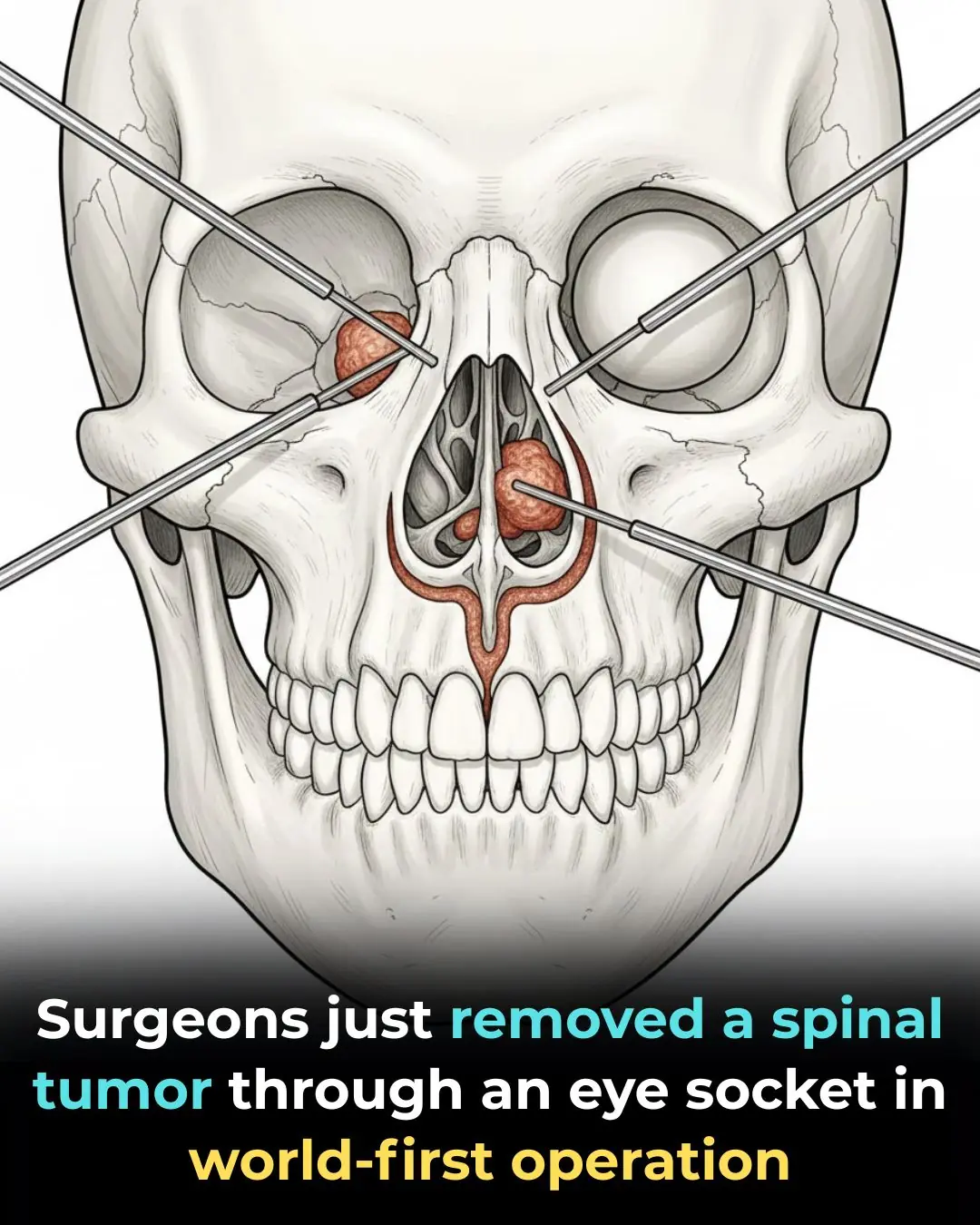
A World-First in Surgery: Removing a Spinal Tumor Through the Eye Socket

🐔 Amazing Health Benefits of Chicken Feet You Should Know

The Hidden Meaning Behind Tongue Piercings

World’s Largest Pumped Storage Power Station Goes Fully Operational in China
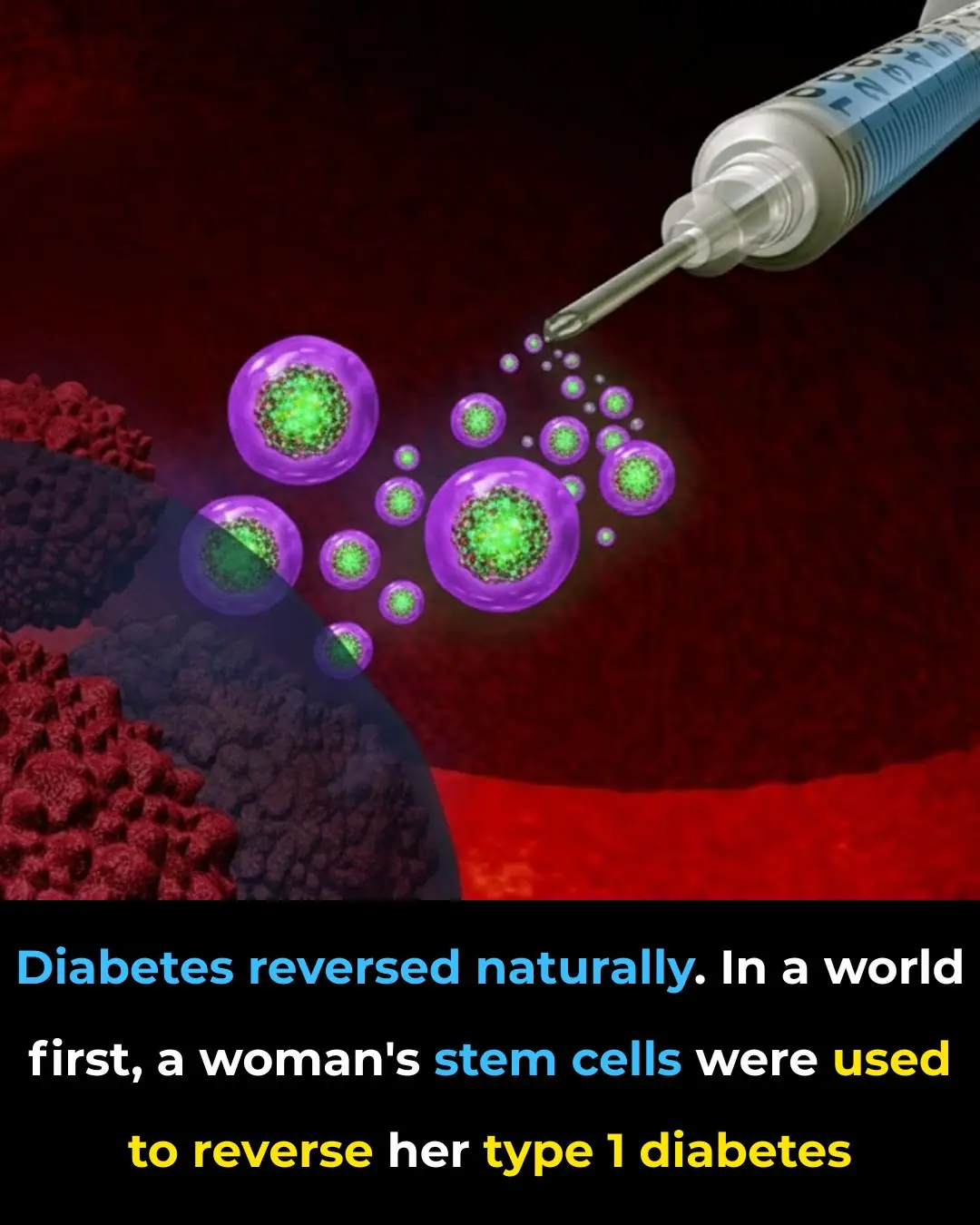
World-First Breakthrough: Stem Cells Reverse Type 1 Diabetes in Landmark Case

Time Travel That Actually Happens: How Flying East Can Take You “Back in Time”

Hank’s Second Chance: From Abandonment to Hope and Healing

If You Get These Bruises On Your Body

Numbness Or Tingling Sensations In Your Hands

Top 3 Vitamins for Hip Arthritis

Scientists Discover The Maximum Age a Human Can Live To

The Amazing Benefits of Using Frozen Cucumber for Gua Sha: A Natural and Effective Skincare Hack

This Collagen Drink Reverses Your Age by 10 Years
